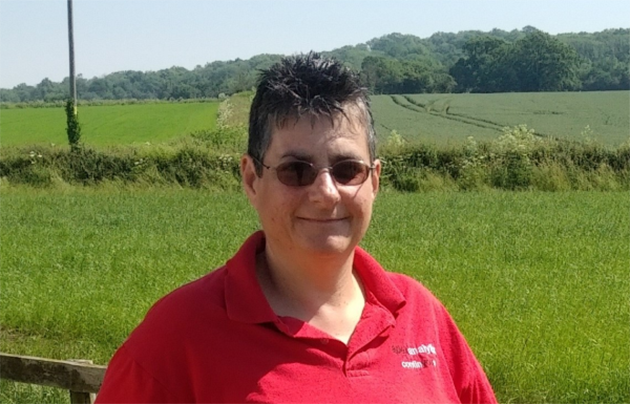How to become
You can get into this job through:
- a university course
- an apprenticeship
- working towards this role
University
To become a microbiologist, you could do a degree in:
- microbiology
- biology
- life sciences
- biological science
Some degree courses include an integrated master's qualification like MBiol or MSci. You'll usually have more time for independent research and they're designed to lead directly onto further postgraduate study like a PhD.
Training programme for the NHS
If you want to work in the NHS as a microbiologist, you could apply to the Scientist Training Programme (STP) after your degree.
You'll train on the job, get paid a salary and receive a master's degree at the end.
Entry requirements
You'll usually need:
- 5 GCSEs at grades 9 to 4 (A* to C), or equivalent, including English, maths and science
- 2 or 3 A levels, or equivalent, including biology for a degree
- a degree in a relevant subject for postgraduate study
More Information
Apprenticeship
You may be able to become a microbiologist by doing an apprenticeship, for example:
- Scientist Level 6 Degree Apprenticeship
- Research Scientist Level 7 Degree Apprenticeship
These apprenticeships can take between 3 and 5 years to complete.
Entry requirements
You'll usually need:
- 4 or 5 GCSEs at grades 9 to 4 (A* to C) and A levels, or equivalent, for a degree apprenticeship
More Information
Work
You might be able to get into microbiology by working your way up from a laboratory technician.
You would need to study part time for a biological science degree or degree apprenticeship while you work.
Volunteering
You may improve your career prospects if you can get some work experience in a lab.
You can find opportunities with the NHS, as part of your degree course or by working during the holidays. Your university can also help you find volunteering opportunities.
Real career story

Biological science degree
“I originally wanted to do a veterinary degree, but did not get the required grades. So, I chose to do a degree in biological science, specialising in human and animal physiology.”
Admin office job
“When I left university, I got a job doing office work for the Ministry of Agriculture. I knew it would give me access to internal science vacancies in other parts of the ministry.”
Veterinary microbiology role
“By accessing these internal vacancies, I got a job doing diagnostic veterinary microbiology for the government. I did this role for 25 years, continually increasing my knowledge and expertise through on-the-job training.”
Scientist role working on vaccines
“When the COVID-19 pandemic came along, I realised that I had the specialist skills to help. I applied for a job with the UK Health Security Agency to help develop and evaluate vaccines.
My work now helps the government decide which vaccines are used for its vaccination programme. It is incredibly rewarding to know that I am helping to protect the people that I meet every day on the street.”
More Information
Professional and industry bodies
You can join the Microbiology Society to get professional recognition, find training opportunities and make new contacts.
Further information
You can get more advice about working in microbiology from the Microbiology Society and Health Careers.